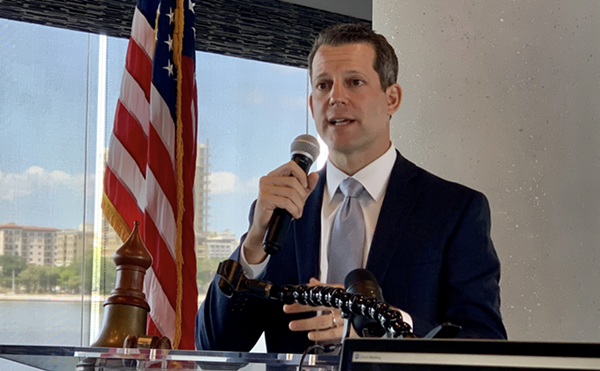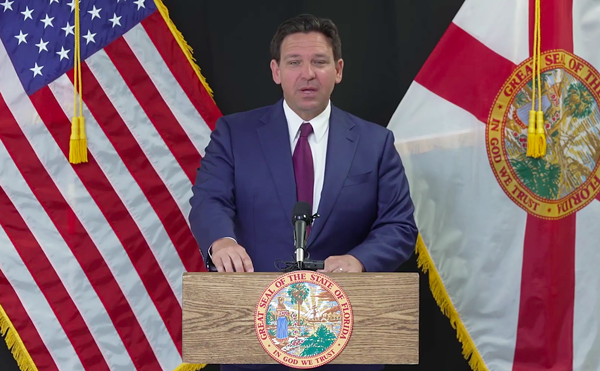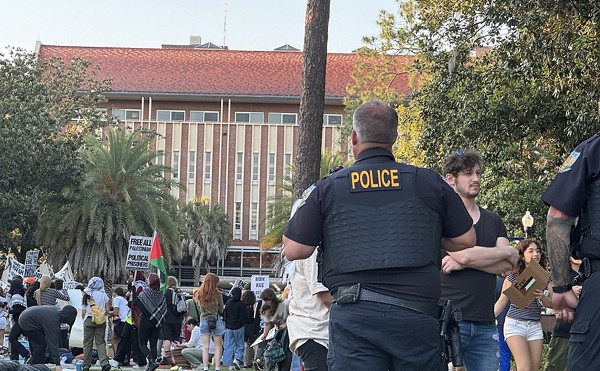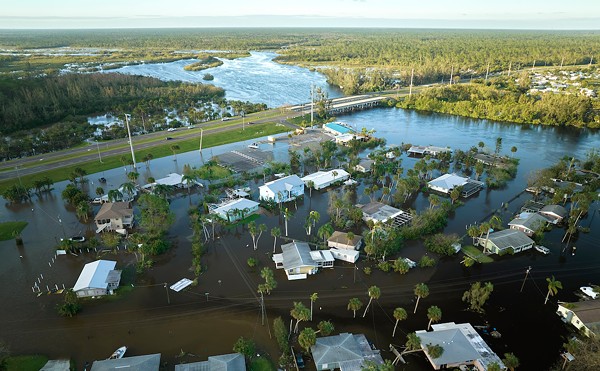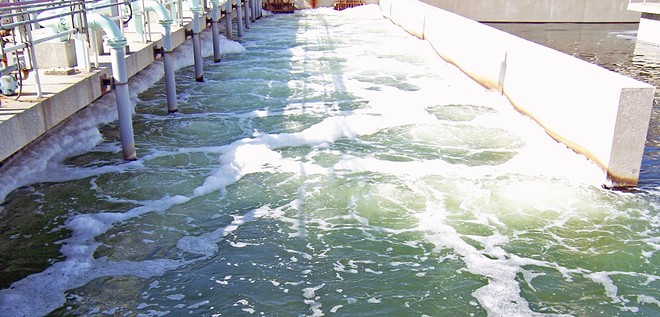
“When the SIX (suspended ion exchange) pilot task completes, this contract will sunset,” Duncan told council. Councilmembers Lynn Hurtak, Guido Maniscalco, and Bill Carlson asked for that in writing.
“I think folks really want to know that this is sunset, that it's done,” Hurtak said. “I think if we were able to have an amendment to somehow bring that to a close, I think we would all feel much better.”
The city’s legal department is going to craft language to ensure an amendment to the contract states plainly that the PURE contract is over.
“We can just have an amendment that brings closure to the agreement and removes all doubt,” Brad Baird, Tampa's Deputy Administrator of Infrastructure, added.
The PURE program became a centerpiece of the recent and contentious election cycle. Sen. Janet Cruz, mother of Mayor Jane Castor’s partner Ana Cruz, ran and lost against council member Hurtak.
“Many of us just came off an interesting campaign,” Maniscalco said at the meeting. “Affordable housing and PURE were the most hotly contested items there. The public has been very loud and clear.”
Lingering questions remained about what the roughly $785,000 left in the PURE contract will be used for. Eric Weiss, wastewater director, said roughly $750,000 of the remaining funds will go towards the SIX pilot.
“All the money that goes into creating this project is reimbursable through the Department of Environmental Protection and the Bureau of Reclamation,” Weiss said at the meeting. “We’ll be getting that money back, but it is again going to stay within the enterprise fund.”
That money would go back into other projects for the city’s water and wastewater department. The SIX pilot program is set to begin in June and run through October. The city will get a report from the water engineering firm Carollo at the end of this year. Duncan told the council that there are “lessons learned” in how the PURE process was handled.
“I'm hopeful that we've reached a turning point in planning for the city’s water needs, rather than politics,” Nancy Stevens with the Tampa Bay Sierra Club said at the meeting. “There now will be a careful planning process to provide safe and affordable drinking water for the citizens of Tampa. And to keep the Hillsborough River and Tampa Bay healthy, to protect the quality of our aquifer.”
But history has a way of repeating itself, usually with new branding. Mayor Castor’s idea to divert treated wastewater to the Hillsborough River and potentially use it to augment the city’s drinking supply came after former Mayor Bob Buckhorn’s Tampa Augmentation Project, or TAP, that would have converted the wastewater into drinking water. Buckhorn and Mayor Pam Iori before him tried and failed to convince Tampeños to adopt similar programs to deal with Tampa’s wastewater.
But PURE’s essential process isn’t completely in the can. Tampa Bay Water, the regional co-op that sells water to municipalities, is looking at the process as a possible part of its 10-year plan.
Plus, the state’s recently adopted SB 64 would limit the amount of reclaimed water discharged into the river. Sid Flannery is the retired chief environmental scientist with the Southwest Florida Water Management District. He told the council that despite a 20-page report to the Department of Environmental Protection on the role of Tampa’s current discharges, the city isn’t exempt from the legislation that forces Tampa to deal with its 50 million gallons of treated wastewater by 2032.
“Senate Bill 64 is a one size fits all approach that is not good for utilities such as the city of Tampa that use rivers for water supply, as the need for reclaimed water for other uses will vary tremendously between wet and dry seasons between wet and dry years,” Flannery said at the meeting. “The city received a very short email reply from this regional DEP office that said that any beneficial effects from this discharge could not be recognized because minimum flows and levels have not been established for Tampa Bay.”
Flannery suggested the city consider requesting the DEP and state make clear how the city can meet the requirements of SB 64. The legislation was crafted in part by City of Tampa lobbyists who pushed for the state law on wastewater discharges. Carlson raised concerns about SB 64 and its ties to the lobbyists. He asked again that the administration consider using its lobbyists to amend the legislation to allow for communities like Tampa to comply more effectively.
“Just so everybody knows, we as city council asked
several months ago for the administration to use the lobbyists to change this law and the city's mayor's political adviser said no,” Carlson said. “So I would just ask again without making a motion, the public obviously wants this done.”
Whether Castor and her administration will agree to lobby for changes to SB 64, remains to be seen. Next week, Tampa City Council will vote on adding language to the PURE contract to end it once the SIX pilot completes in October.
Subscribe to Creative Loafing newsletters.
Follow us: Google News | NewsBreak | Reddit | Instagram | Facebook | Twitter




